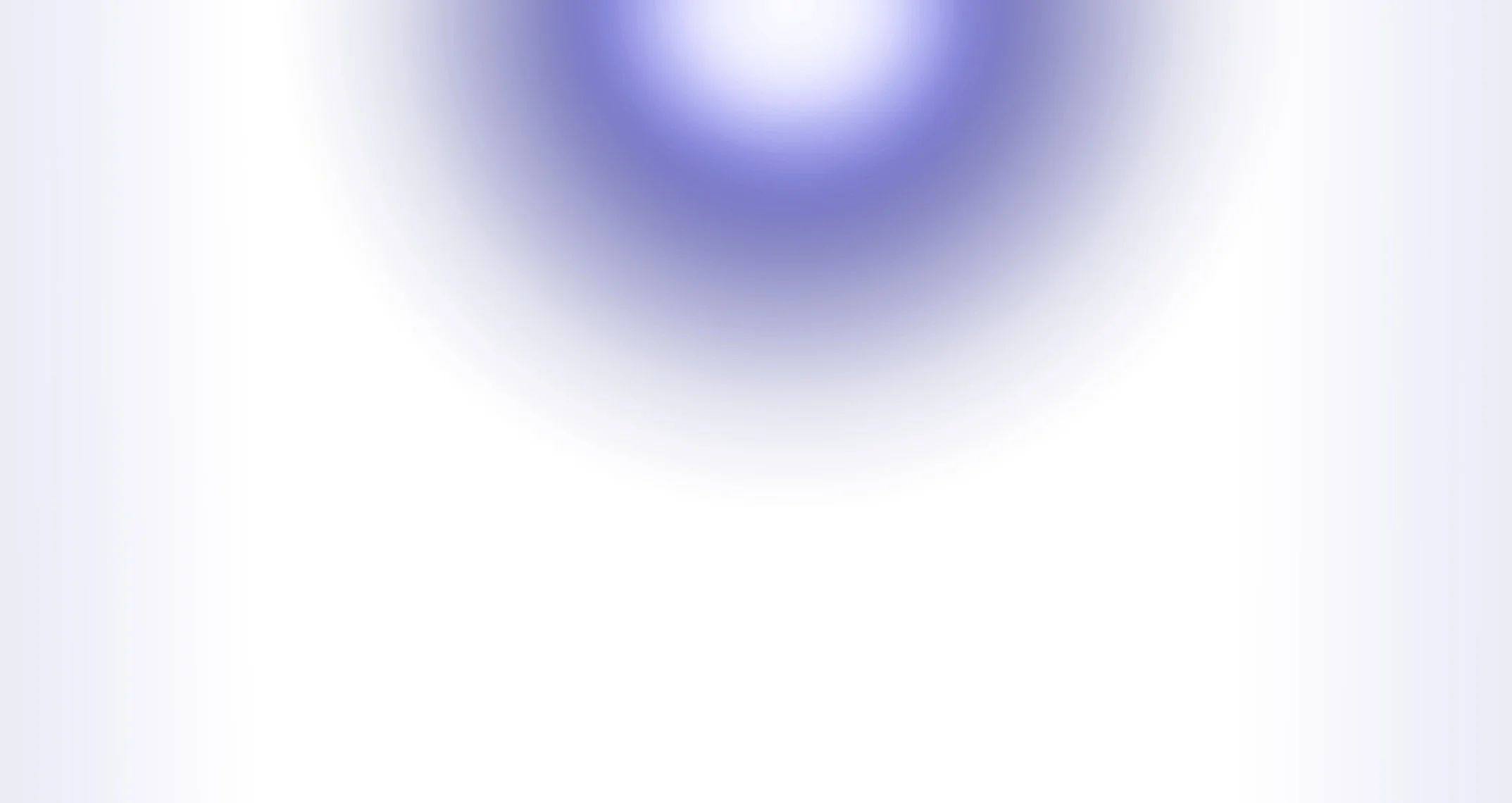
< daimon bio >
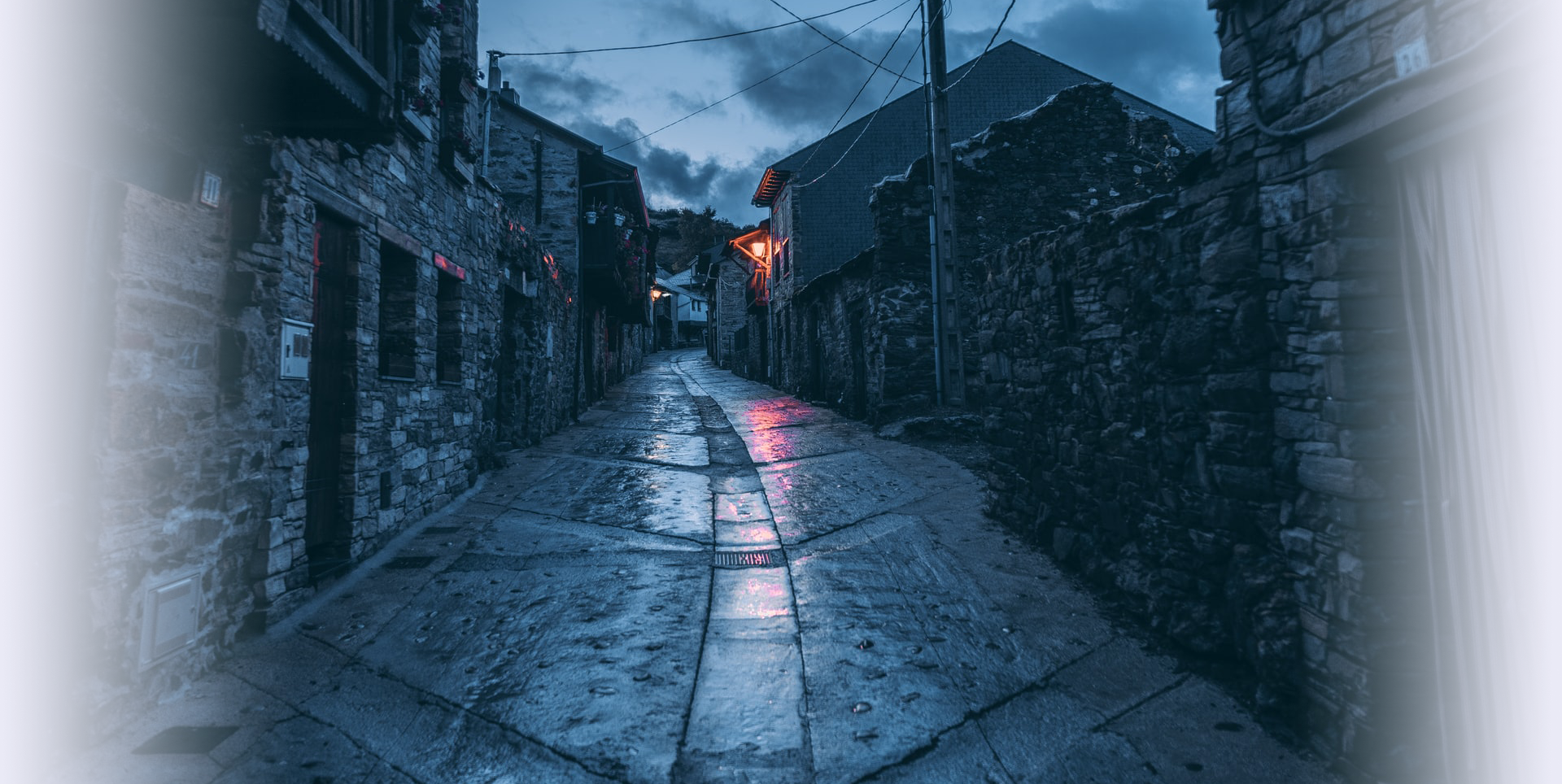

1. Introducing
the Daimon
Who is my daimon, the “guardian angel” or “augoeides” (with whom, we might say with the Greeks, I was born)? Who is the tutelary worthy of my bowing reverence, of the honorific “my deity”—a deity not necessarily for all, and perhaps not even for any one of my tribes, but for me? The highest good at which for me to aim and in internal map to success, my highest potential personified, the rational voice through which I speak sensibly to myself—my daimon is a legion, nameless but unified. Like Dickenson’s “Master,” it is an exemplar composed of greats alive in my head, in books, and around Earth. My daimon itself would have it be so, as its words murmured inside me indicate.
to find—so that you may breed—your higher self,
movingly deemed your true self, look to facets
most admirable in those you find most admirable
My patron and protector, the numen at my core, has power enough to reign without even having to exist. But its nonexistence, unlike in the case of other deities, does not afford it an excuse. Rather than some angel above me, it is an exemplary version of me with whom I form an alliance. My daimon is a Freudian ideal-ego, a Spinozan-Emersonian-Nietzschean oversoul. It is a point of reference for my project of improvement. It is a paradigm hero to whom I am identical as a potential fact. It recedes if I come too close (lest I grow so complacent that I forget to strive for dreams). It approaches if I fall too far behind (lest I become so crushed that I lash out against it in bitter destruction). Sometimes it takes possession of me, just as defensive rage might even a spineless creature, to get me through certain difficulties. Other times it remains so silent that it is hard not to feel it has forsaken me.
It is a dream, a hope, rendering life worthwhile. It is a being who stokes my courage to face the vicissitudes of life and the anxiety surrounding its potential meaninglessness. It encourages me to develop self-enhancing stories (of which it itself is one) and yet without falsifying or denying the absurdity and tragedy of our death-aware situation, our situation of tremendous puniness next to cancer and hurricanes and galaxy-devouring black holes, our situation of being one among countless critters daily trying to bite and tear at the flesh of other critters as one of its highest pleasures. It inspires me to be self-reliant and self-enhancing, to be my own refuge, to make great things in a struggle with anomaly, to develop the skills and confidence to know what to do when I do not know what to do. “The more you retreat from hardships so as not to feel inept,” it whispers for example, “the more inept you become.” My daimon is my savior, if he is to be called a “savior” at all, precisely in that he challenges me to excellence (wisdom, courage). In that way, he is my way to be my own savior. My taking refuge in my daimon, my formally committing myself to his preeminence, is my taking refuge in myself: self-transference, if you will.
Without shaming, it alerts me to when what I demand for myself is meant merely to preserve, rather than to enhance, myself. Without making unconditional demands, it alerts me to when I am too orderly or too chaotic, too hostile or too welcoming to strangers, to novelty, to the Dionysian, to anomaly, to the unknown. A being who gives personal counsel, counsel in particular to sojourn in what I do not know so that I may even befriend what I do not understand, its will is not code for a means to promote another’s power (church, state) at the expense of my own. Its will is in truth a name for promoting my power, even at the expense of others. (At least at times. For this daimon has the power to deterritorialize me, decodify me, undo me, unwork me into a state of intoxicated frenzy where there is no need to strive, no need to restrain and direct my forces to some goal—a rapturous state where all personal goals and all hang-ups and all concern for preservation of myself as a discrete unit are suspended, where I am at home anywhere in the universe (even in the vacuum of space), where any pain can be borne, anything can be fucked and killed.)
At least one facet of this daimon that perhaps makes it for everyone is that it encourages heroism. And everyone, no matter where you are starting from or your circumstances, can become a hero: one who pushes beyond the comfort of where one is (even if that means simply pooping in the toilet).
2. personality
If this daimon must have a personality, which perhaps it does because I have a personality, then it is not one who says, “Thou shalt” (except in those cases when its demand is my demand for myself). It is not one who shames and flatters me. This daimon would be for me, fit me just right, and so would be neither the follower of others nor the leader of others, neither the needer of a task-setter and others to be like nor the lover of limelight and arbitrary responsibilities. “His own master,” he would be the Tom Bombadil—“The Master”—of daimons, the idealized me of every community in which I have found myself (family, school, career): self-reliant, removed, gay, self-loving, Earth-loving, life yessing—the one for which I hope.
If we are to hope, what will it be for?
For the coming of the one who, despite
the high-octane mind of the neurotic,
has the peace of the Appalachian old,
those who watch the weather as their limbs creak
with the rocker and porch wood around them
(never overwhelmed with guilt of respite,
never voracious for mere busywork);
those who accept—indeed, feel comforted—
that their end is in the dirt down the road
near some bullet-riddled Texaco sign.
Aligned with the prejudices of his day only if they suit him, he would be the idealized version of me, a source for enhancement of my life, a vision of my own life glorified: a transfiguring mirror—as the heroes and gods were for the Greeks. Revering it, in effect, would be tantamount to revering myself, which is one of the most important demands of this daimon.

daimon bio
FAQ
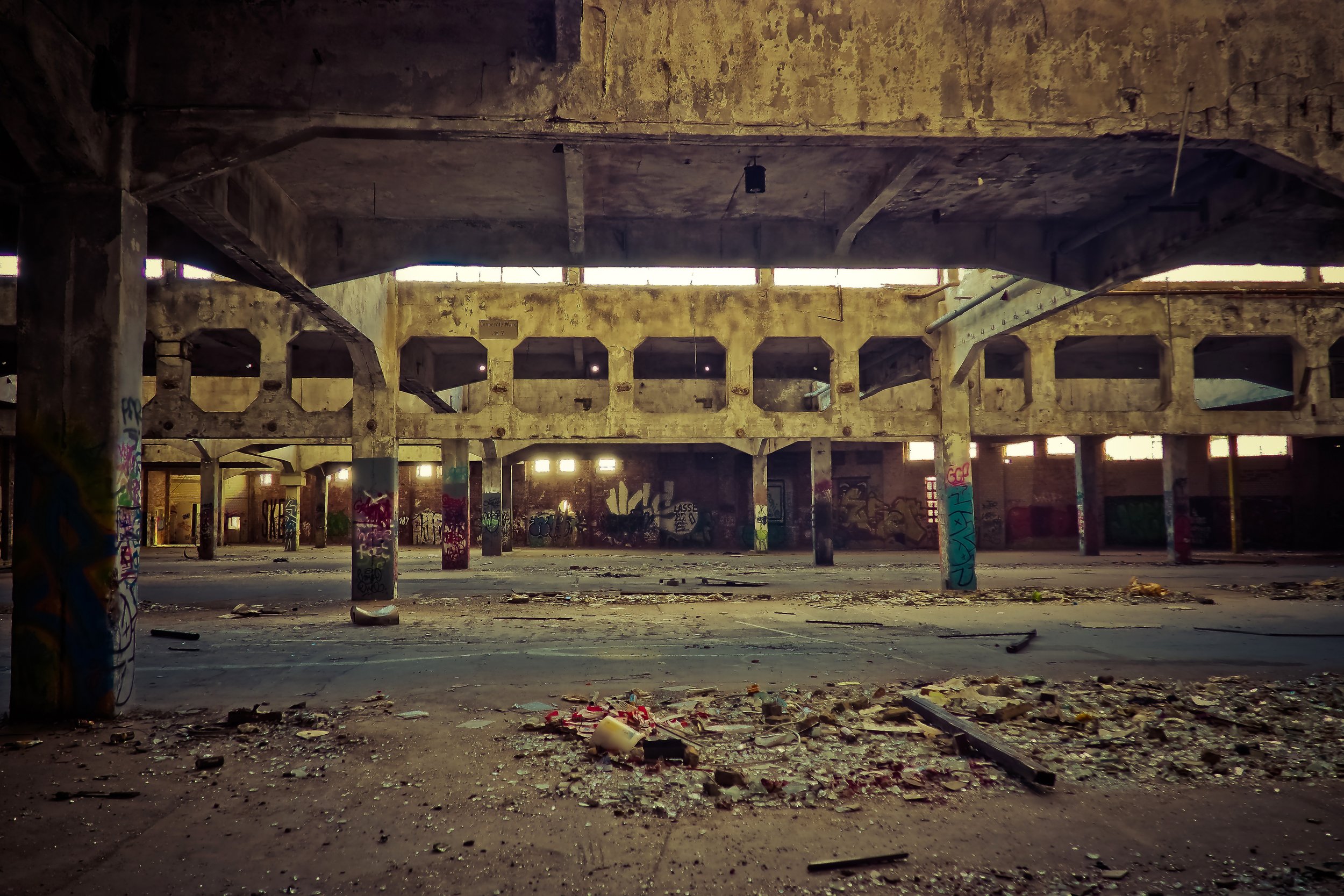
Visit my Substack: Hive Being
Visit my Substack: Hive Being

There is through all art a filiation. If you see a great master, you will always find that he used what was good in his predecessors, and that it was this which made him great. Men like Raphael do not spring out of the ground. They took root in the antique, and the best which had been done before them. Had they not used the advantages of their time, there would be little to say about them.—Goethe (Conversations with Eckermann)
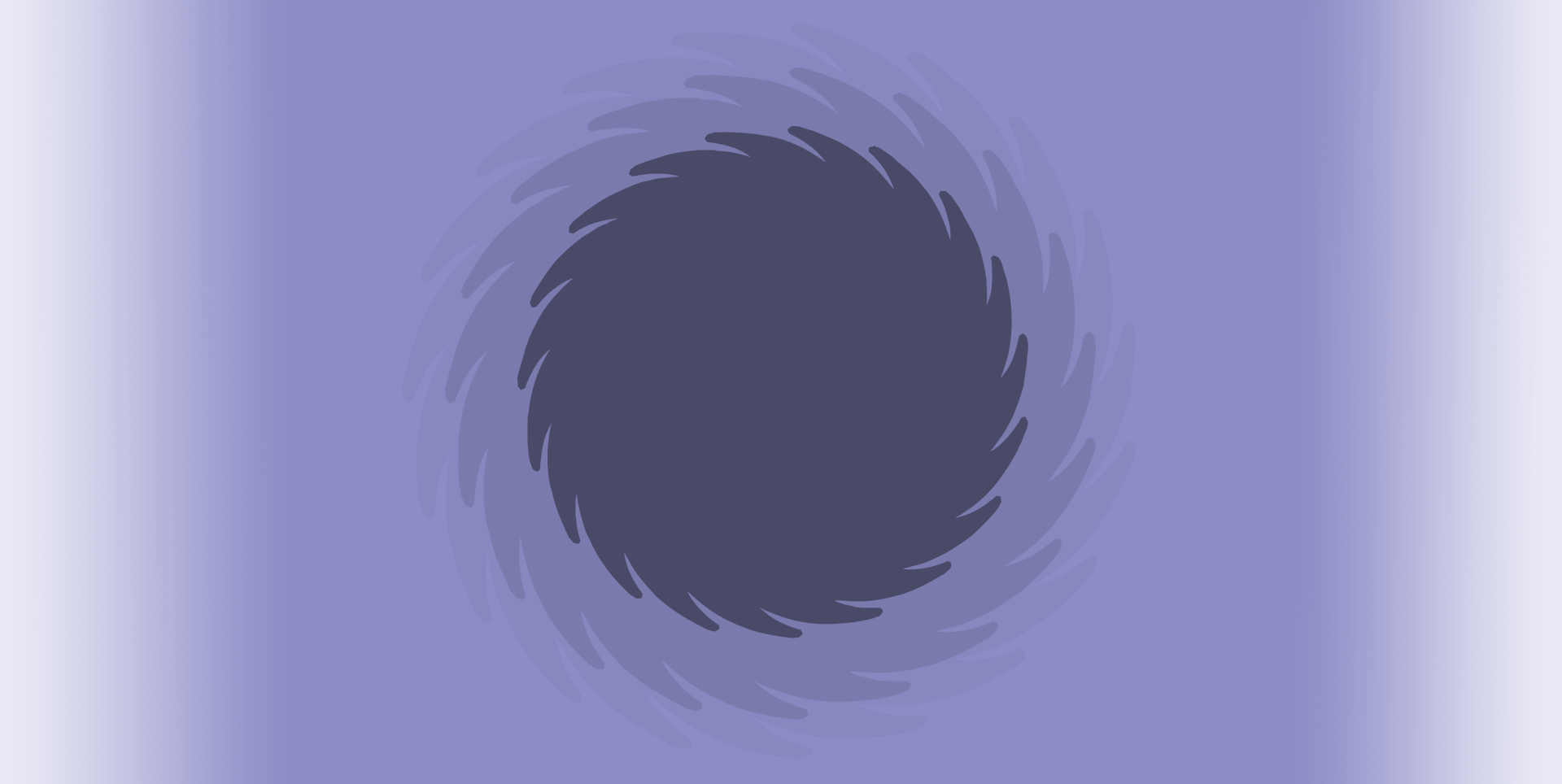
Featured Blog Posts
to the original sin, it would amount to construing
the original sin as our being real in the first place






















